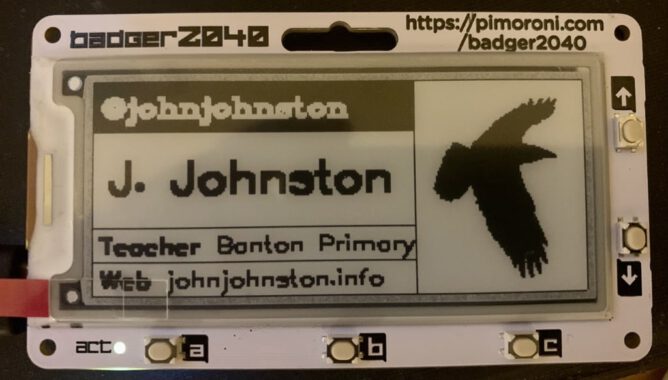Mostly AI and weird audio
AI Fact Checker
Deep Background GPT Released – by Mike Caulfield
I just released a (largely) non-hallucinating1 rigorous AI-based fact-checker that anyone can use for free. And I don’t say that lightly: I literally co-wrote the book on using the internet to verify things. All you do is log into ChatGPT, click the link below, and put in a sentence or paragraph for it to fact check.
Radio is a Foreign Country
THE RADIO DIAL IS A COMPASS; THE ANTENNA A DIVINING ROD*
Welcome to RADIO IS A FOREIGN COUNTRY!, an endless stream of obscure (and mostly retro) global music and audio ephemera rarely heard outside their home region.Curated by humans not algorithms, our livestream follows a unique mixtape format where just about anything can happen and features cut-ups of international radio broadcasts (am, fm & shortwave), field recordings, ethnographic film, vintage records & cassettes, and digital ephemera from the far reaches of the internet. Our mission is to explore forgotten and new ways of making radio and to facilitate greater access and exposure to sounds and music not sufficiently documented by the commercial music industry.
Radio is a Foreign Country
via restlesslens
Halloween is Coming
Bob Dylan, Theme Time Radio Hour on SoundCloud
I’ll be missing the halloween activity in school this year this year.
Pootle Playground
Introducing Pootle Playground — My Experimental WordPress Blueprint Builder – Pootlepress
Uses AI to build a WordPress site that opens in the playground
Wiki Radio
The thrilling sound of random Wikimedia
Wiki Radio 📻
Inspired by WikiTok, I thought I’d make something to discover sounds uploaded to Wikimedia. From political speeches and bird noises to genuine bangers, it’s mostly wholesome, though I cant guarantee it won’t play you something horrible once in a while.
Hot Pi
Struggling to heat your home? Try 500 Raspberry Pi units • The Register


